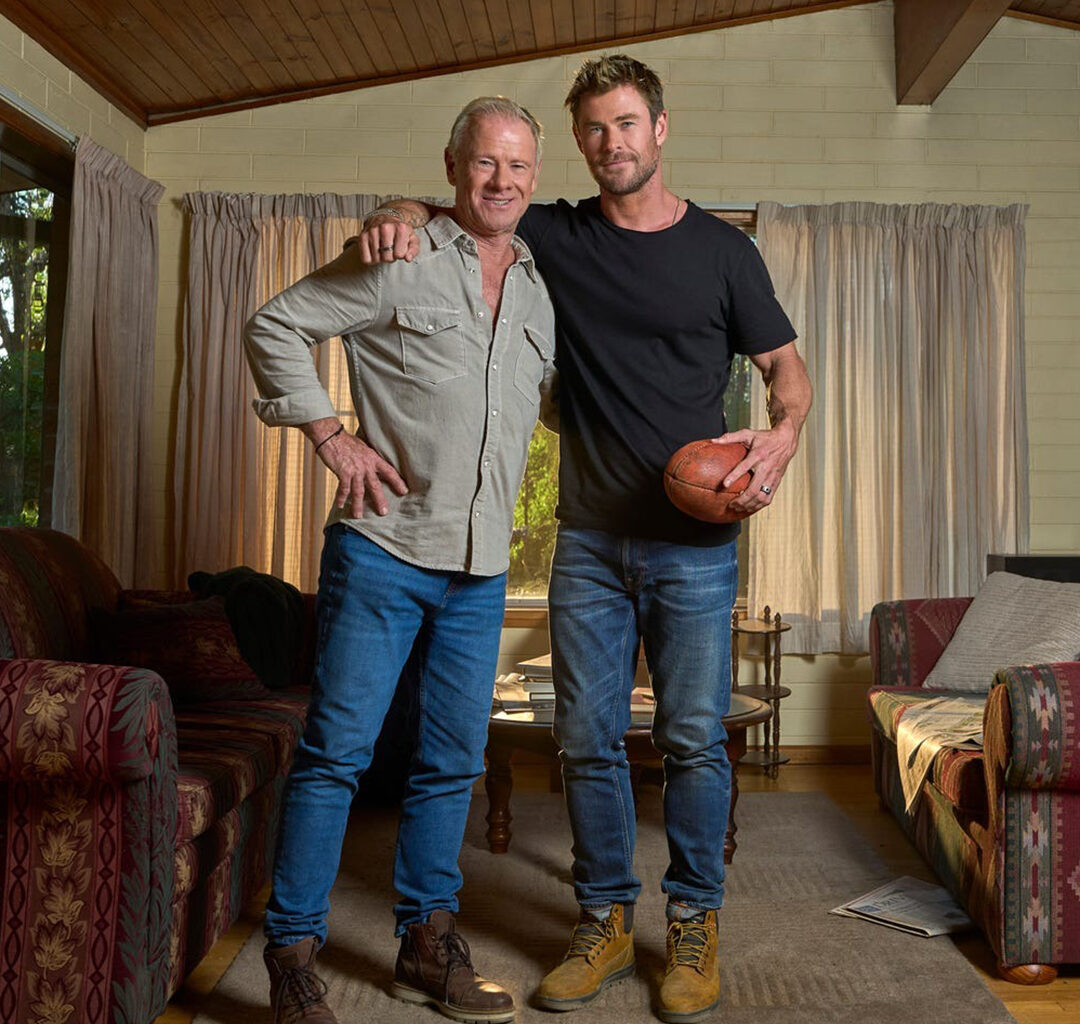Chris said one worry consistently loomed over him as he travelled with Craig: asking his silent-type dad to open up about his own thoughts about the diagnosis.
In the film, his father does finally come clean: “Some days, things are quite clear and I can make sense,” Craig says over a campfire in the midst of the trip. “And then some days it’s not so clear. It’s not so correct.”
Having been a caregiver all his life, whether as a father of three troublemaking boys or as a child protective officer, Craig was used to being the strong one, the protector, the fixer. He tells his son in the film that his greatest anxiety is, “I can’t look after myself, and [will] be reliant upon other people to make decisions for me. … Being a burden is probably the biggest issue I think.”
Revisiting that now, Chris says he’s overwhelmed that his father’s primary concern is other people, not himself. “I remember when he said that,” Chris tells Time. “It was profound and heartbreaking at the same time. We have to keep reminding him: ‘Let us help you here.’”
Craig isn’t always the best patient, his son admits. That’s a conflict many families deal with when a loved one is battling Alzheimer’s. “The resistance to us assisting or taking the burden away or doing it for him, is sort of problematic at times,” Chris says. “It’s like, ‘Dad, you’ve got to let us step in at this point.’ And as time has gone on, there is a more openness to that. It’s day to day. But it says a lot about his character, his amount of deep integrity and compassion and selflessness.”
Today, many months after filming the documentary, Chris says his father is still fighting the destructive effects of the disease. “But he’s doing well, all things considered.”
A brain scan in recent months showed physical evidence of Alzheimer’s, and his son said medical evaluations show “a definite decline.” But then, there are unexpected positive fluctuations. “Funny enough, he had a cognitive test recently and there was an increase in some of his ability and memory-based exercises. [But] some dropped,” Chris says. “The spectrum around the signs is quite vast and diverse. We are just trying to stimulate as much connection in his life as possible. With friends and family, we’re not having him isolate and be on his own, doing nothing.”
This disease may be genetically hardwired into his own future, so all of this is a lesson he is keeping in mind too. But for all the documentary’s emphasis on resisting and slowing the impact of Alzheimer’s, Chris says it helped him focus on making the most of right now.
“It became less about the reminiscence therapy, and the science around it,” he says. “What we came away with was connection. Whether we have another 20 years, or whether it’s another 20 days, it’s like: Hang on to every single moment. And connect on a deeper level as often and as frequently as you can.”

